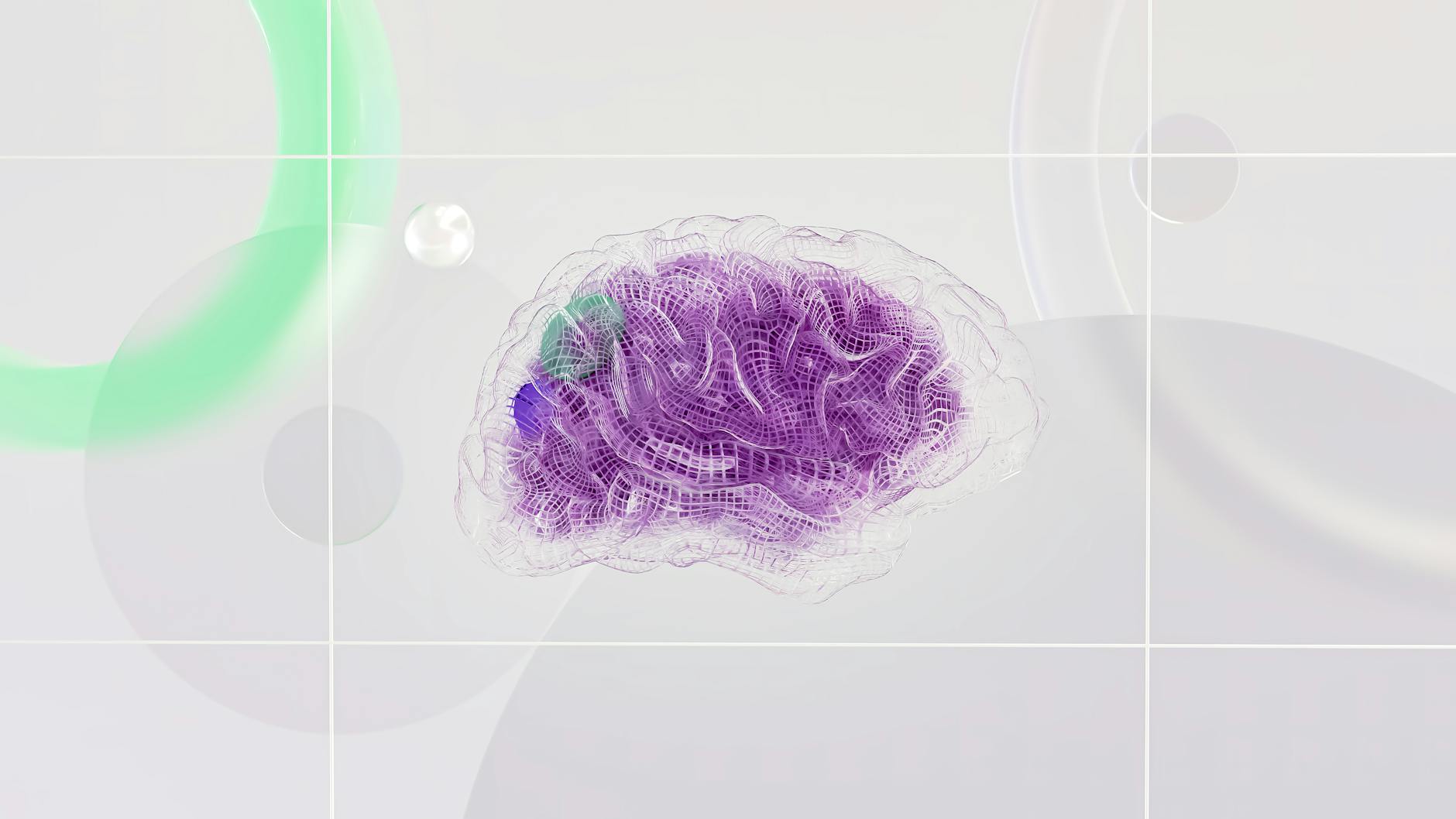Math Gold: A DeepMind Triumph, Or Just Another Very Expensive Party Trick?

Introduction: Google DeepMind’s latest declaration of gold-medal performance at the International Mathematical Olympiad is undoubtedly a technical marvel. But beyond the well-orchestrated fanfare and competitive jabs, one can’t help but wonder if this achievement is a genuine leap toward practical, transformative AI, or merely another highly specialized benchmark score in an increasingly crowded hype cycle.
Key Points
- The ability of an AI to solve complex, novel mathematical problems end-to-end in natural language represents a significant advancement in AI reasoning capabilities, moving beyond specialized tools.
- This achievement validates “parallel thinking” and advanced reinforcement learning methods, suggesting new avenues for developing more robust and generalized AI models.
- Despite the impressive technical feat, the direct practical utility and economic viability of this specific capability for widespread enterprise or societal challenges remain largely unproven, raising questions about ROI and scalability.
In-Depth Analysis
DeepMind’s announcement, touting Gemini’s gold-medal performance at the International Mathematical Olympiad (IMO), is undeniably a testament to extraordinary engineering and algorithmic refinement. The previous year’s silver-medal effort, while impressive, still leaned on human intervention for language translation and output interpretation. This time, the “Gemini Deep Think” system operated “end-to-end in natural language,” producing rigorous proofs from raw problem descriptions within the standard time limit. This leap, particularly the integration of “parallel thinking” and the model’s ability to “generalize to novel problem solving” without specialized mathematical software, warrants genuine recognition. It moves the needle on what large language models (LLMs) can achieve beyond mere text generation or factual recall, hinting at a deeper, emergent form of computational reasoning.
The technical triumph is clear: tackling obscure yet exceptionally difficult problems in algebra, combinatorics, geometry, and number theory, and even discovering “more elegant” solutions than human experts, speaks volumes about the system’s abstract logic and problem-solving prowess. The ability to parse complex natural language descriptions, synthesize a strategic approach, and then execute multi-step reasoning to construct a provable solution is a significant step towards more generalized AI. It demonstrates that advanced reinforcement learning, coupled with curated data, can unlock sophisticated cognitive abilities.
However, as a seasoned observer of the tech industry’s cyclical infatuation with “breakthroughs,” one must ask: what does this really mean for the broader adoption and utility of AI beyond academic benchmarks? While a gold medal in the IMO is prestigious, it’s a highly specific, controlled environment. The problems, while complex, are well-defined with clear, verifiable answers. Real-world enterprise challenges – from supply chain optimization under chaotic conditions to nuanced customer service interactions or strategic decision-making in volatile markets – are rarely so neatly packaged. They involve ambiguous data, incomplete information, human irrationality, and constantly shifting variables. Is Deep Think merely an incredibly sophisticated calculator for niche problems, or a true harbinger of a new era of generalized intelligence? The distinction is crucial, and often obscured by the glitter of such announcements.
Contrasting Viewpoint
While Google DeepMind celebrates its gold, the cynical observer can’t help but notice the strong whiff of competitive posturing in the air. The thinly veiled jab at OpenAI’s “lack of credibility” for sidestepping official IMO evaluation protocols highlights the intense, almost theatrical, rivalry among tech giants. This isn’t just a scientific race; it’s a multi-billion-dollar marketing war where benchmarks become battlegrounds and PR is as important as proof. Is the IMO gold truly a measure of breakthrough utility, or a very expensive vanity metric designed to impress investors and top talent?
Furthermore, the “elegance” of a solution in a math competition, while academically pleasing, doesn’t automatically translate to practical value for the average enterprise. What’s the ROI on a system capable of solving pre-university math olympiad problems? The computational resources required to train and run “parallel thinking” models for such complex tasks are immense, begging the question of sustainability and economic viability for widespread application. We’re often told AI will “democratize” access to expertise, but if the underlying models require supercomputing clusters and consume vast amounts of energy to prove theorems, how broadly applicable is that promise? This achievement, while scientifically impressive, might be more about proving theoretical limits than delivering immediate, tangible business solutions.
Future Outlook
In the next 1-2 years, we’re likely to see the core techniques behind Gemini Deep Think, particularly “parallel thinking” and advanced reinforcement learning for reasoning, integrated into more specialized tools. This could manifest in enhanced capabilities for scientific discovery, drug design, complex engineering simulations, or even niche financial modeling where highly structured, logical problem-solving is paramount. We might see improved automated theorem provers and formal verification tools.
However, the biggest hurdles remain formidable. The leap from solving well-defined math problems to navigating the chaotic, ill-defined problems of the real world is colossal. Generalizing this level of reasoning to ambiguous natural language tasks, subjective decision-making, or even common-sense reasoning where ground truth isn’t absolute, will be immensely challenging. The computational cost and energy footprint of these sophisticated models will also need to decrease substantially for broad adoption. Finally, building trust in AI systems that produce complex proofs without clear interpretability or audit trails will be critical for high-stakes applications. The IMO gold is a shiny medal, but the real marathon for practical AI impact has only just begun.
For more context, see our deep dive on [[The AI Hype Cycle and Real-World Implementation Challenges]].
Further Reading
Original Source: Google DeepMind makes AI history with gold medal win at world’s toughest math competition (VentureBeat AI)